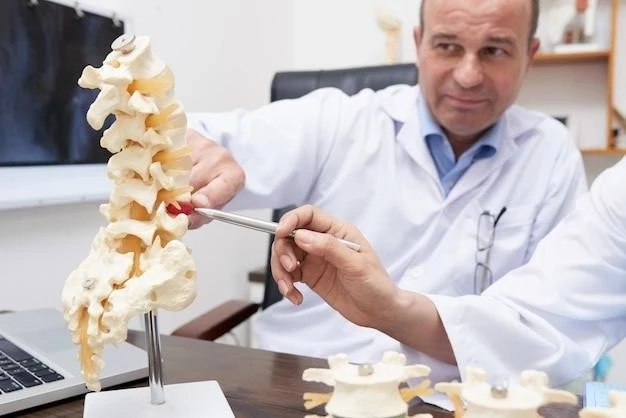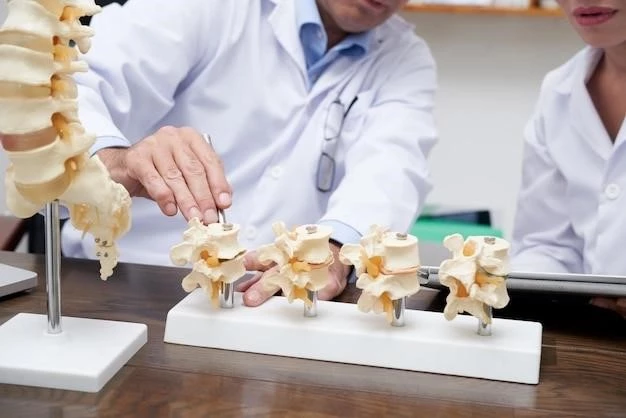Introduction
Osteocytes are highly specialized bone cells that play crucial roles in bone health and maintenance. Derived from osteoblasts, they are embedded within the bone matrix and regulate bone density and strength. Despite their abundance, osteocytes remain one of the least studied cells in vertebrate biology.
Osteocytes, vital bone cells, are derived from osteoblasts and embedded within the bone matrix. These highly specialized cells regulate bone mass, sense mechanical stress, and secrete factors influencing bone density and strength. Despite their abundance, osteocytes remain understudied in vertebrate biology.
Overview of Osteocytes
Osteocytes, critically important bone cells derived from osteoblasts, play a pivotal role in regulating bone mass, sensing mechanical stress, and secreting factors that influence bone density and strength. Despite their abundance, osteocytes remain among the least studied cells in vertebrate biology.
Osteocytes, derived from osteoblasts, are crucial bone cells embedded within the bone matrix. Specialized in sensing mechanical stress, these cells regulate bone density, strength, and biomineralization. Despite being abundant, osteocytes remain among the least studied cells in vertebrate biology. They play emerging roles in chronic kidney disease, osteogenesis imperfecta, and bone-muscle crosstalk, influencing various diseases and physiological processes.
Specialization and Functions of Osteocytes
Osteocytes are vital bone cells derived from osteoblasts, embedding themselves within the bone matrix. Specialized in sensing mechanical stress, osteocytes regulate bone density, strength, and biomineralization. Despite their abundance, osteocytes remain one of the least studied cells in vertebrate biology, playing crucial roles in bone health, muscle-bone crosstalk, and various diseases.
Osteocytes and Disease
Important in bone health, osteocytes have crucial roles in sensing mechanical stress, maintaining bone density, and orchestrating bone remodeling processes. Highly involved in diseases like chronic kidney disease and osteogenesis imperfecta, osteocytes are key players in bone abnormalities and pathological conditions.
Implications of Osteocyte Dysfunction in Chronic Kidney Disease
Chronic kidney disease (CKD) manifests altered bone remodeling due to increased osteocyte-secreted factors leading to bone loss and dysregulated bone formation. Osteocyte dysfunction exacerbates bone abnormalities in CKD, impacting signaling pathways and contributing to disease progression.
Link Between Osteocytes and Osteogenesis Imperfecta
Research on the relationship between osteocytes and osteogenesis imperfecta is limited. Future studies focusing on the collagen matrix-to-osteocyte interaction and osteocyte function may provide insights into disease progression and potential therapeutic approaches.
Osteocyte Network and Muscle-Bone Crosstalk
Osteocytes, embedded within bone, form an intricate network interconnected by dendrites. These vital bone cells play a significant role in muscle-bone crosstalk. Through secreted factors and signaling pathways, osteocytes influence muscle function and contribute to the dynamic relationship between bones and muscles.
Interconnection of Osteocytes in the Bone Matrix
Osteocytes, abundant bone cells deriving from osteoblasts, are essential for maintaining bone health. Embedded within the bone matrix, they form a network connected by dendrites. These interconnected osteocytes play a crucial role in sensing mechanical stress and orchestrating bone remodeling processes.
Impact of Osteocytes on Muscle Function
Osteocytes, residing within the bone matrix, play a vital role in muscle-bone crosstalk. By secreting various factors, osteocytes influence myogenesis and muscle contraction, contributing to the intricate relationship between bones and muscles.
Osteocyte Secretome and Disease
As master regulators of bone metabolism, osteocytes secrete vital proteins influencing bone health. Dysregulation of osteocyte-secreted proteins contributes to various bone disorders and non-skeletal diseases, highlighting the importance of osteocyte function in maintaining overall health.
Importance of Osteocyte-Secreted Proteins in Bone Disorders
Osteocytes are central to bone health, secreting essential proteins that regulate bone metabolism. Dysregulated osteocyte-secreted proteins contribute to various bone disorders, emphasizing the critical role of osteocytes in maintaining skeletal health and addressing bone-related diseases.
Osteocytes, the most abundant bone cells with an extraordinary half-life, act as master regulators of bone metabolism. These cells maintain bone homeostasis, initiating crucial roles in skeletal health, as disruptions in osteocyte functions have been associated with various bone diseases and disorders.
Osteocyte Apoptosis in Bone Diseases
Key in bone health, osteocyte apoptosis is linked to resorption-related bone diseases like osteoporosis. Understanding the mechanisms and consequences of osteocyte apoptosis is crucial for addressing bone-related complications.
Role of Osteocytes in Maintaining Bone Homeostasis
Osteocytes, residing within the bone matrix, are master regulators of bone remodeling, contributing significantly to bone health. Impressively abundant with an extended lifespan, osteocytes ensure the balance of bone metabolism, playing essential roles in skeletal soundness and disease prevention.
Significance of Osteocyte Apoptosis in Resorption-Related Bone Diseases
Osteocyte apoptosis, crucial for bone health, is linked to resorption-related bone diseases like osteoporosis. Understanding the mechanisms and consequences of osteocyte apoptosis is essential for addressing bone-related complications and developing targeted treatments.

Research Studies on Osteocytes
Investigating osteocytes in the human skeleton and their role in chronic kidney disease mineral disorder are crucial research areas shedding light on bone health and related diseases. Understanding osteocyte function has broad implications for skeletal health and disease management.
Investigating Osteocyte Network in Human Skeleton
Osteocytes, abundant in bone, form a sophisticated network interconnected by dendrites. Studying this network’s structure and function in the human skeleton provides valuable insights into bone health and disease mechanisms, enhancing our understanding of skeletal biology.
Studying the Relationship Between Osteocytes and Chronic Kidney Disease Mineral Disorder
Osteocytes, essential for bone health, are linked to chronic kidney disease (CKD) mineral disorder. Investigating this relationship reveals insights into bone abnormalities, organ crosstalk, and potential therapeutic targets for both skeletal and systemic conditions.

Current Developments in Osteocyte Research
Osteocytes, integral for bone health, are under intense study for their roles in disease pathogenesis. Recent research examines their impact on chronic kidney disease, bone mineral disorders, and therapeutic strategies, paving the way for advanced treatments and a deeper understanding of skeletal health.
Therapeutic Implications of Osteocyte Studies
Research on osteocytes presents promising therapeutic implications. Understanding their complex roles in disease pathogenesis, particularly in chronic kidney disease mineral disorder, opens avenues for targeted treatments aiming to improve bone health and overall disease management.
Future Directions in Understanding Osteocyte Function in Disease Pathogenesis
Exploring the intricate roles of osteocytes in disease pathogenesis reveals potential therapeutic targets. Understanding the impact of osteocytes on chronic kidney disease and bone disorders paves the way for innovative treatments and preventive strategies in skeletal and systemic conditions.
